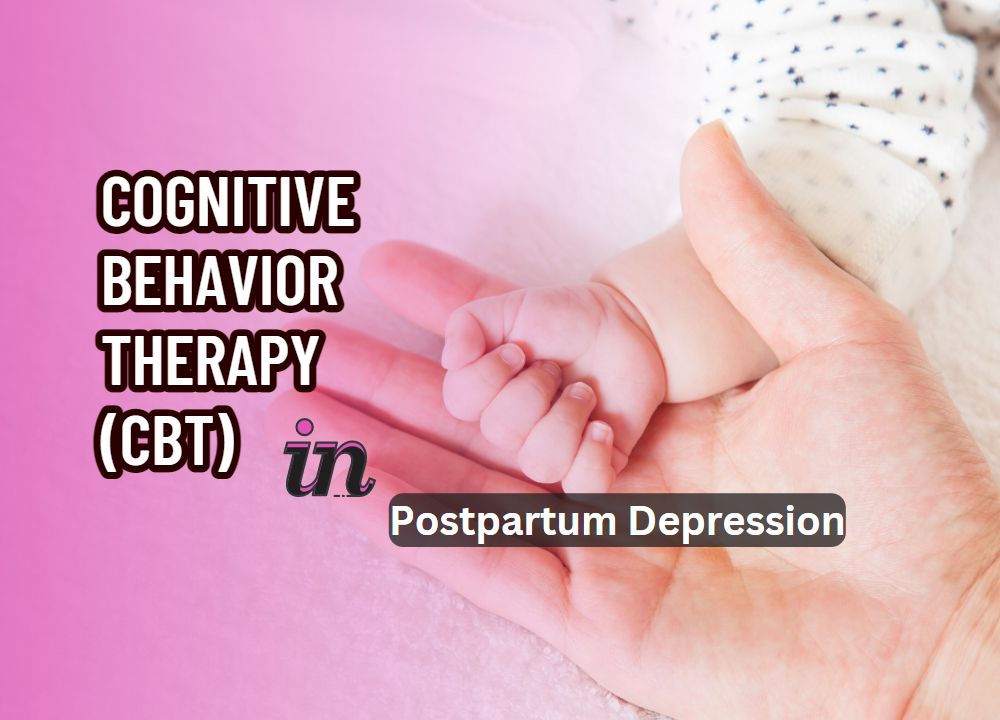Preventing Psychiatric Disorders in Children: The Impact of Postpartum Depression
According to recent research performed by McMaster University, cognitive behavioral treatment (CBT) given to expecting moms who have previously overcome postpartum depression (PPD) may help avoid future psychiatric disorders in their children.
The research, which was released on June 9 in the Journal of Affective Disorders, looked at how group CBT, a type of psychological therapy, affected young children’s ability to regulate their emotions.
Cognitive Behavioral Therapy (CBT): Effectiveness for Moms with Postpartum Depression
PPD and its associated symptoms are experienced by up to one in five new mothers and expecting parents. PPD’s consequences on children account for more than two-thirds of its expenditures.
Research Methodology and Study Participants: Insights into the McMaster Study
The study, directed by Ryan Van Lieshout, followed 73 pairs of mothers and infants receiving PPD treatments between 2018 and 2020. It assessed the impact of group CBT on infants’ ability to regulate their emotions. The individuals were divided into two groups at random, with the experimental group commencing CBT right away and the control group delaying therapy for nine weeks.
Immediate CBT Intervention: Enhancing Infant Emotional Regulation
Van Lieshout, associate professor in the Department of Psychiatry and Behavioural Neurosciences and holder of the Canada Research Chair in Perinatal Mental Health. He stressed the significance of early issues with emotion regulation in the development of nearly all types of mental health issues later in life.
Positive Changes in Infant Brain Functioning: Key Findings of the Study
This is the first instance where it has been demonstrated in a randomized controlled trial, which is the strongest research design for humans, that treating moms with low-cost, scalable talking therapy (CBT) may result in adaptable changes in newborn brain functioning.
Peer-Delivered CBT: Unique Benefits and Perspectives for Mothers
Over nine weeks, each group received weekly CBT sessions lasting two hours. By measuring infants’ brain activity using electroencephalography (EEG), which measures brain activity, and the functioning of other parts of the nervous system by recording their heart rate with electrocardiography (ECG) tests, and by asking mothers about their babies’ temperaments, researchers compared infants’ ability to regulate their emotions between the two groups and tracked progress among the infants.
In comparison to newborns whose mothers were on the nine-week waitlist, the study discovered that babies whose mothers received peer-delivered CBT right away saw higher adaptive improvements in both EEG and ECG indices of emotion regulation. Following therapy, mothers in the first group also saw a clinically significant improvement in their PPD symptoms.
Maternal Interactions and Infant Emotion Regulation: Crucial Role in Child Development
“Infants rely on ongoing conversations with caregivers to moderate emotional distress since the development of emotion regulation is largely shaped by maternal interactions early in life,” according to Van Lieshout.”The continual signal interchange between parents and infants paves the way for their ability to self-regulate beyond infancy.”
Clinical Reduction of Postpartum Depression Symptoms in Mothers: Promising Results
Following training that included two days of in-class instruction and a nine-week observership, ten people who had recovered from PPD were administered group CBT therapy. Due to their opinions and life experiences, peer facilitators are sometimes preferred over licensed therapists.
Implications for Community Work and Child Development: What the Study Reveals
Researchers collaborated with Kids Can Fly, a Canadian non-profit devoted to child development, to conduct the study.
“We are thrilled to work on this project as a partner organization. One of our core beliefs is that supporting parents is the best way to help and influence newborns. This study suggests that doing so has meaningful effects,” according to Kids Can Fly executive director Becca McLellan.
Future Possibilities: Scaling Up CBT Delivery for Wider Impact in Partum Depression
“It is encouraging to think that this strategy of providing aid could be replicated on a larger scale for use by the general public. We are delighted to see this research gain more attention because its findings are very valuable and will affect upcoming community efforts.”
This study received no outside support.
For more details, you can visit McMaster University’s website, Health Sciences section, and news tab.


